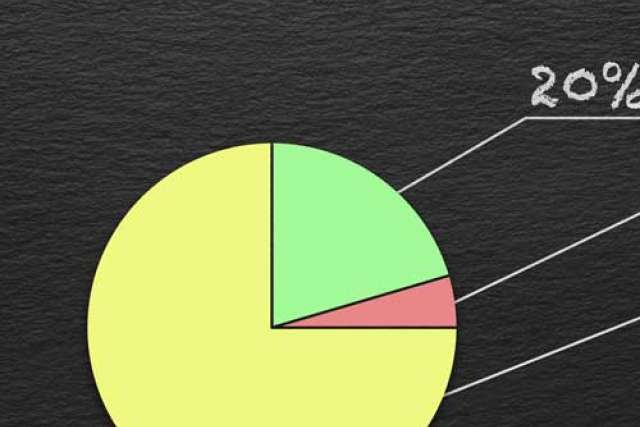Ketones are substances formed in the liver when stored fats are broken down. They are a primary source of energy during periods of starvation.
A ketogenic (keto) diet forces your body to use ketones as fuel (a state called ketosis) all the time. While the ketogenic diet is primarily used to help reduce the frequency of epileptic seizures in children, some have tried it, or similar diets, for weight loss. This article is intended for those exploring the use of the keto diet for weight loss, not for those using to control seizures under medical supervision.
Ketogenic diet is high in unhealthy saturated fats
On a true ketogenic diet, you’ll strive to maintain a state of ketosis. Getting to this point takes time and requires a very strict diet. The daily intake for a 2,000-calorie ketogenic diet is around:
- 20 to 50 grams of carbohydrates
- 75 grams of protein
- 165 grams of fat
A diet this low in carbohydrates, limits your intake of healthy, vitamin-rich vegetables and fruits. And since too much protein interferes with ketosis, you’ll eat less protein than is ideal. Even meats high in saturated fat, like pork or beef, are limited.
The most striking feature of this diet is its reliance on large quantities of saturated fats. While the recommended daily allowance of saturated fats is 7 percent, those on a ketogenic diet may get 90 percent of their calories from saturated fats. This typically includes large amounts of coconut oil, lard and butter.
Health risks associated with keto diets
Not surprisingly, doctors have associated the ketogenic diet with an increase in the bad cholesterol (LDL) linked to heart disease. Other health risks from this diet include:
- Nutrient deficiencies due to a lack of fruits, veggies and whole grains
- New or worsening liver problems from burning high amounts of fats
- Constipation due to lack of whole grains
- Mood swings and foggy brain due to a lack of carbohydrates necessary for brain function
While some proponents of the ketogenic diet claim that it offers rapid weight loss without feeling hungry along with increased energy and mental clarity, it does not work for everyone. Study results have been mixed. In addition, the diet’s safety has not been established and the diet’s long-term effects are not yet known.
Follow easier, more permanent weight loss strategies
The ketogenic diet is very restrictive and difficult to sustain. Easier, more effective ways to lose weight includes these time-tested strategies to help you lose excess body fat and keep it off:
- Portion control
- Balanced nutrition including fruits, veggies and whole grains
- Active lifestyle
- Water consumption
For more on the keto diet, watch the short video, Ketogenic Diet: Does it Work? If you need help with weight loss or weight management, count on the UCLA Health Center for Human Nutrition. In our Clinical Nutrition Clinic, you’ll find board-certified physician nutrition specialists to help you achieve your goals. Contact us at 310-825-7921.



